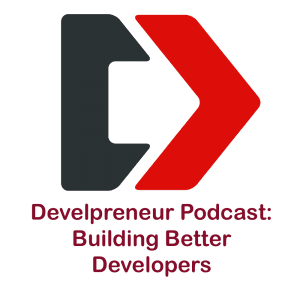
Project Deliverables, Quality, Guidelines and Best Practices
Sooner or later, every developer is asked for project deliverables. This may be source code, binary files, or full-blown documents. No matter which of these is required, the best approach is to make sure these are complete. Thus, let’s look at some guidelines, suggestions, and best practices to help you nail this part of your job. Follow The Instructions First and foremost, follow directions. We should have learned this in grade school. Just as in those educational exercises, project deliverables should directly come from the requirements. Do not add deliverables unless they are implied. More importantly, do not skip on any of the project deliverables. The best way to look at these is to see them as what you will be... Read more
